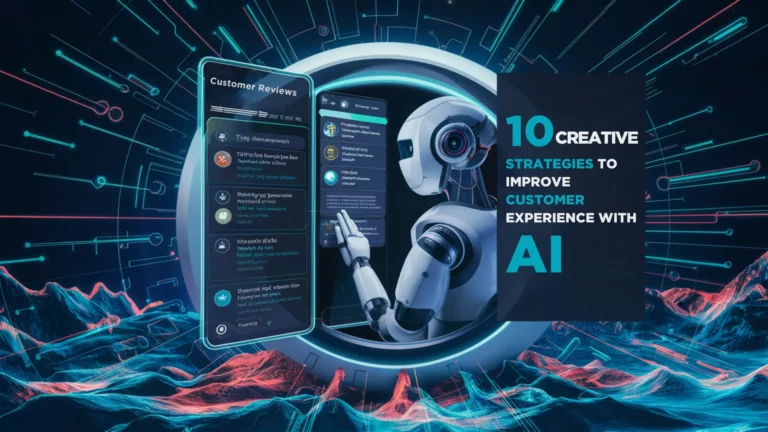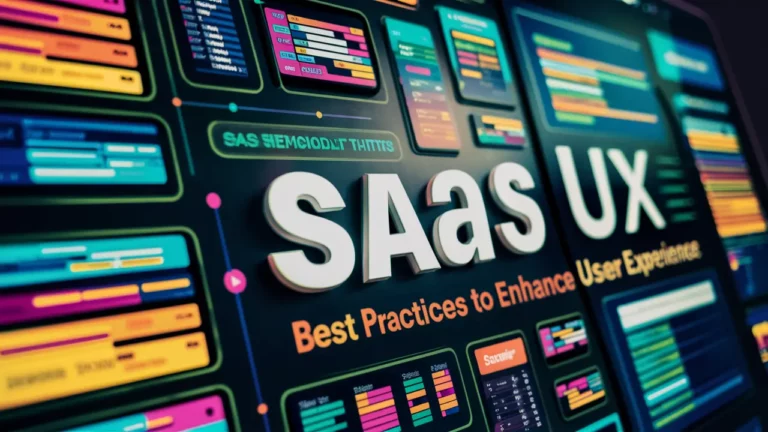AI in Education 4.0: Revolutionizing Modern Learning Strategies
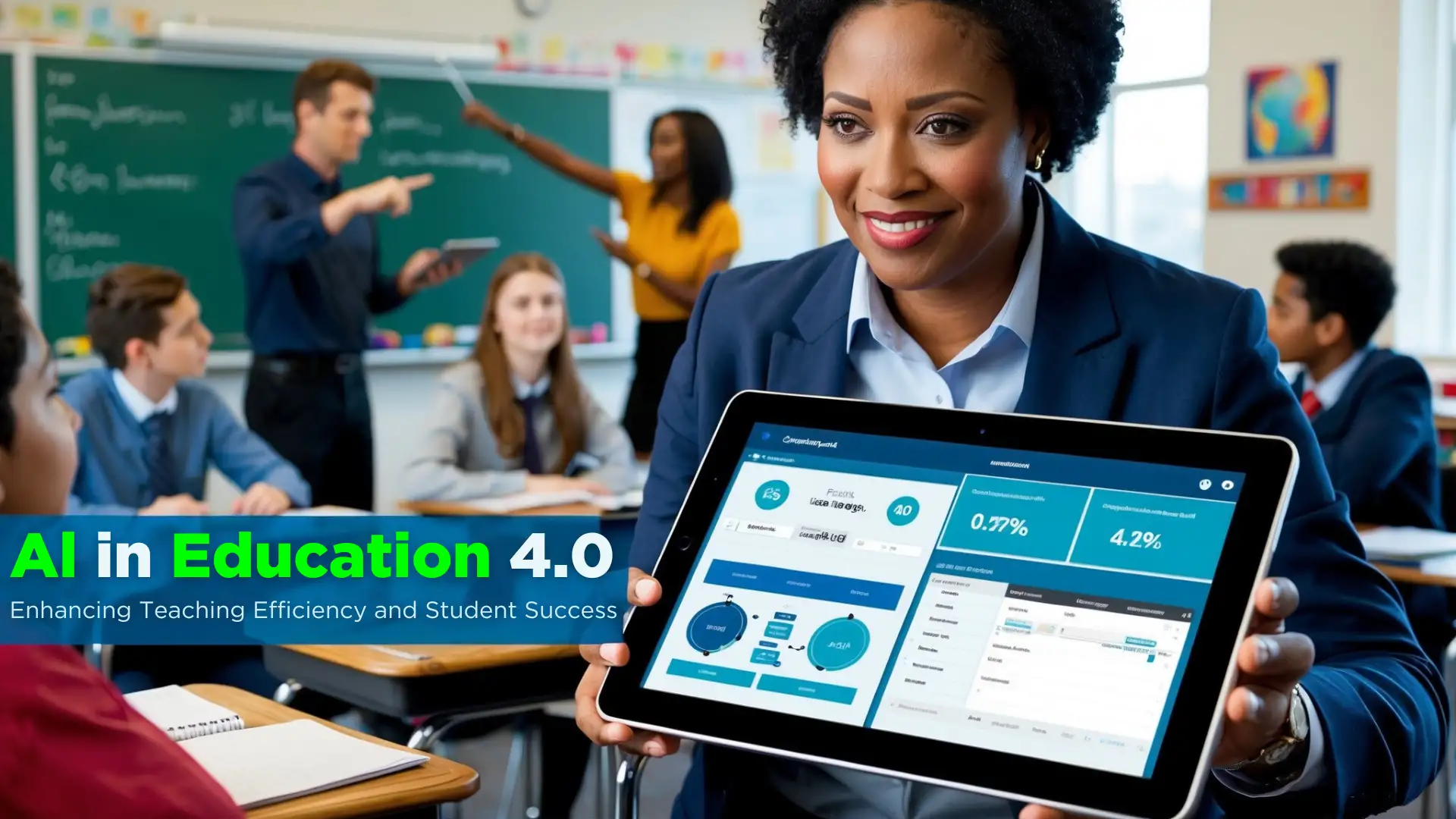
Our audience supports Ahcrypto. When you click on the links on our site, we may earn an affiliate commission at no extra cost to you. Learn More.
Introduction
In today’s rapidly advancing digital era, the integration of Artificial Intelligence (AI) within Education 4.0 is emerging as a groundbreaking force to revolutionize contemporary learning methodologies. As technology evolves at an unprecedented pace, the educational landscape is witnessing a paradigm shift that prioritizes learner-centric approaches and leverages cutting-edge technologies like machine learning, deep learning, and natural language processing. The use of AI in Education 4.0 serves as an enhancement and a transformative catalyst that redefines how education is delivered, experienced, and accessed globally. This innovative wave promises to create more personalized, engaging, and inclusive learning experiences, ensuring that every student’s unique needs are met with precision and care through adaptive learning systems and intelligent tutoring platforms.
Key Takeaways
- Personalized Learning Paths: AI-powered algorithms in Education 4.0 create customized learning paths tailored to individual students’ needs, learning styles, and pace, enhancing understanding and engagement.
- AI-Powered Tutoring Systems: Real-time assistance and feedback from AI-powered tutoring systems simulate one-on-one tutoring, making learning more accessible, interactive, and continuous.
- Streamlined Administrative Tasks: AI automates administrative tasks such as grading, scheduling, attendance monitoring, and performance tracking, allowing educators to focus more on teaching and student support.
- Predictive Analytics for Optimization: AI employs predictive analytics and data mining to help institutions make data-driven decisions, such as predicting enrollment trends, identifying at-risk students, and optimizing resource allocation.
- Inclusive and Accessible Education: AI-powered tools offer multilingual support, assist visually impaired students, and provide personalized accommodations, making quality education more accessible to a broader, diverse audience.
- Seamless Online Learning Experience: AI integration in online learning platforms ensures that education remains engaging, interactive, and accessible globally, as highlighted during the COVID-19 pandemic and the rise of remote learning.
The Evolution of Education 4.0
Education 4.0 marks a significant shift towards a more learner-centric and technology-driven educational landscape. Unlike traditional educational paradigms that relied on one-size-fits-all approaches, Education 4.0 harnesses the power of advanced technologies like Artificial Intelligence (AI), the Internet of Things (IoT), and immersive technologies (AR/VR) to provide personalized learning experiences, enhance engagement, and increase accessibility. This new wave is guided by the belief that every student has unique learning needs and learning styles, which can be better addressed by integrating intelligent systems and adaptive learning platforms.
Stay Updated with the Latest Digital Marketing Tips!
Subscribe to our newsletter and receive our exclusive guide, “Top 10 Digital Marketing Strategies for Success,” straight to your inbox
AI in Education 4.0: Enhancing Personalized Learning
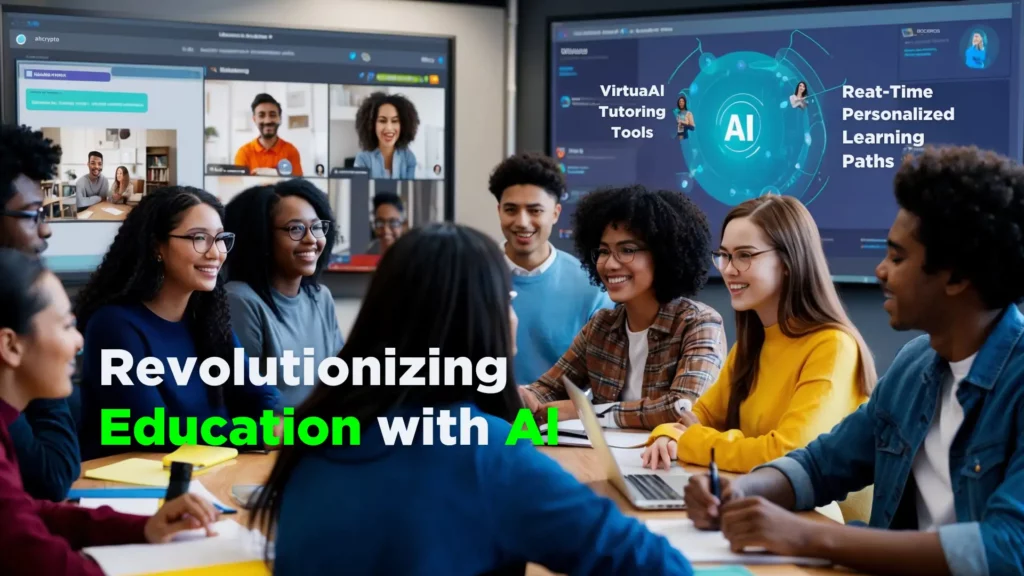
One of the most impactful ways AI in Education 4.0 transforms learning is through personalized education and adaptive learning systems. AI algorithms analyze individual students’ performances, strengths, learning preferences, and areas of improvement to provide customized learning paths and content recommendations. This data-driven approach fosters a deeper understanding of subjects, keeps students engaged by maintaining their interest levels, and ensures that each learner progresses optimally. By leveraging machine learning and learning analytics, AI-powered systems continuously adapt and refine the learning experience based on real-time student interactions and performance data.
The Role of AI-Powered Tutoring Systems
AI-powered tutoring systems, or intelligent tutoring systems (ITS), are one of the biggest breakthroughs in Education 4.0. These advanced systems offer real-time assistance, personalized feedback, and guided practice, simulating a one-on-one tutoring experience. Examples include AI-powered chatbots, virtual teaching assistants, and adaptive learning platforms available round-the-clock to assist with various subjects and skills. By leveraging natural language processing (NLP) and machine learning, these systems can engage in interactive dialogues, answer student queries, provide explanations, and offer targeted recommendations. The availability of AI tutors ensures that human instructors do not constrain learning and enables students to receive immediate support whenever needed.
AI in Education 4.0: Facilitating Administrative Tasks
Administration can often be burdensome, taking valuable time away from educators who would rather focus on teaching. AI in Education 4.0 addresses this by automating many administrative tasks. This includes grading assignments, managing enrollments, scheduling, and even monitoring attendance, thereby freeing up valuable time for educators to invest in more direct student interactions.
Predictive Analytics for Better Decision-Making
AI systems can also employ predictive analytics to help education administrators make data-driven decisions. By analyzing trends and data, AI can predict enrollment spikes, potential dropouts, and other critical factors, enabling institutions to proactively address challenges and optimize resource allocation.
AI in Education 4.0: Breaking Down Barriers
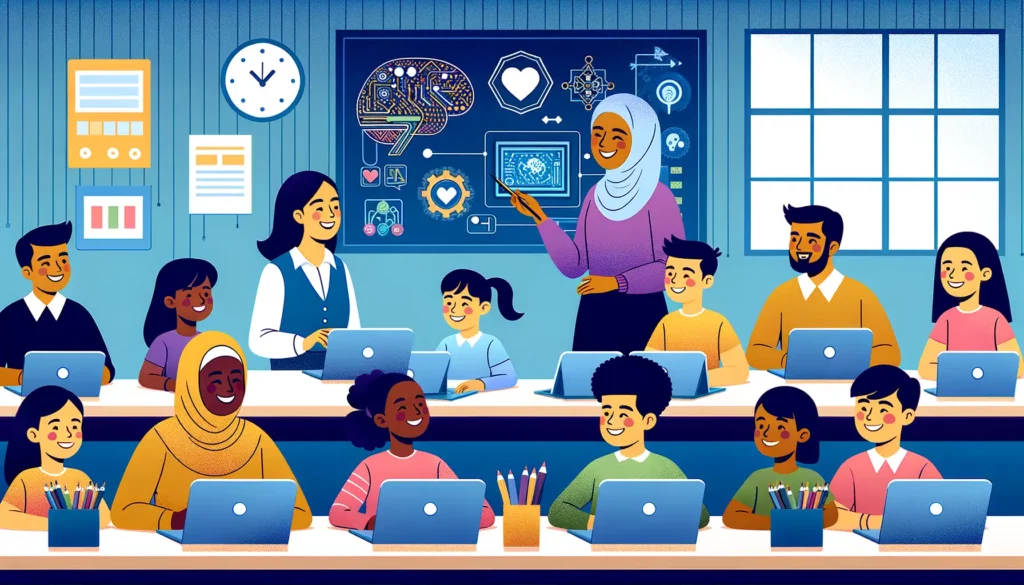
Accessibility to quality education remains a global challenge, but AI in Education 4.0 plays a crucial role in breaking down these barriers. AI tools can offer multilingual support, translate content, and allow students from non-English speaking backgrounds to access the same quality of education. Additionally, AI-driven platforms can aid visually impaired students by converting text to speech or vice versa.
Global Reach through Online Learning
The COVID-19 pandemic has underscored the necessity for robust online learning platforms. AI integration has made these platforms more effective through adaptive learning techniques, ensuring that students across the globe can continue their education seamlessly. This democratization of education ensures that quality learning is not confined to a privileged few but accessible to anyone with an internet connection.
Challenges and Ethical Considerations
While the advantages are numerous, implementing AI in Education 4.0 also raises important ethical considerations. Issues related to data privacy, the potential for biased algorithms, and the digital divide need meticulous addressing. Frameworks and guidelines are essential for ensuring that AI’s integration into education is equitable, transparent, and accountable.
Navigating the Digital Divide
The digital divide remains a significant barrier to realizing AI’s full potential in education. While technology continues to advance, it is crucial to ensure that students in underprivileged areas can also access these transformative tools. Collaborative efforts between governments, private sector players, and educational institutions are needed to bridge this gap. Considering the pros and cons of AI in education, it is essential to weigh the benefits of personalized learning and increased accessibility against potential challenges such as data privacy and algorithmic bias.
Moreover, the uses of AI in education are vast, ranging from AI-powered tutoring systems to predictive analytics for better decision-making. By integrating AI technologies into education, we can create more inclusive and engaging learning environments. However, to fully leverage these AI technologies in education, addressing the digital divide through collaborative efforts is paramount.
The Road Ahead
The journey of AI in Education 4.0 is just beginning, but its potential to revolutionize modern learning strategies is undeniable. As we continue to explore and harness these emerging technologies, it is imperative to strike a balance between innovation and ethical responsibility, ensuring the benefits of AI in education are inclusive and far-reaching.
By embracing AI, we stand at the cusp of a new education era that promises to make learning more personalized, efficient, and accessible for all.
For more insights into the future of learning and AI’s role in shaping it, consider reading related publications by the World Economic Forum.
Conclusion
AI in Education 4.0 is set to revolutionize the educational landscape by making learning more personalized, engaging, and accessible. By automating administrative tasks, providing real-time tutoring, and using predictive analytics for decision-making, AI enhances both teaching and learning experiences.
However, ethical considerations and efforts to bridge the digital divide are crucial to ensuring that AI’s benefits in education are inclusive and equitable. As we continue to explore these technologies, a balanced approach is essential for a fair and innovative future in education.
Frequently Asked Questions (FAQ)

Scott Evans
Hey there, I’m Scott Evans, your friendly guide at AhCrypto! I’m all about breaking down complex SaaS, AI, and tech topics into digestible insights. With me, you’re not just keeping up with the tech world; you’re staying ahead of the curve. Ready to dive into this exciting journey? Let’s get started!


